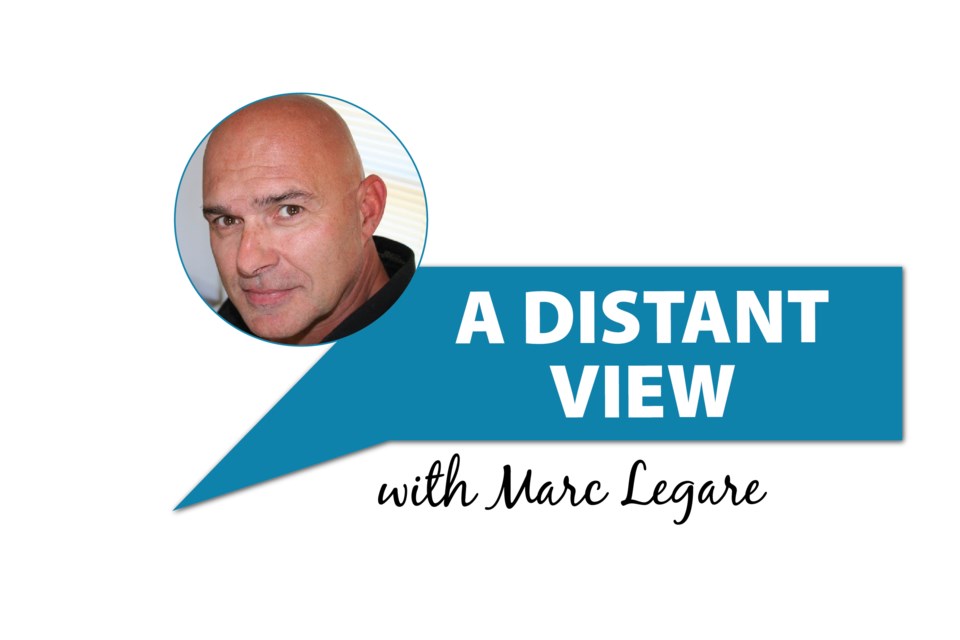Marc Legare is a philosopher and motorcycle adventurist.
He has travelled extensively, worked and lived in Australia, US, and across Canada.
He has a varied working career including: Firefighter, Lawyer, Navy, Motorcycle Importer, plus others.
He chose to return to southern Saskatchewan because of his family's deep roots here.
As a columnist, Legare's columns will offer food for thought.
We have a new insulting label being regularly used in our vocabulary, as if we need another one. "Denier" is the new catchall utterance used against someone who questions, is skeptical, or does not believe what our modern world and media claim to be true.
Not long ago, questioning and doubting were seen as healthy, engaging, enlightening and educating. Things have changed. Currently, if you dispute main stream opinion, your point of view, reasons, and factual support for your disbelief are ignored. Worse still, your underlying character is attacked in the simple flat-out insult of being labeled a "denier."
That single heavy-handed, mind numbingly oppressive word, stops the show. That moniker ends discussion, ends learning, ends conversation, and most importantly ends the pursuit of truth. Never has a single invective been so decisively intolerant, closed-minded, and judgmental as the word "denier."
It is important to remember that our advancement in virtually every area of science and life has come from doubt and/or a skeptical view of the status quo. Re-examination of our lives, beliefs, knowledge and understanding is a cornerstone of growth. In order to advance there must be doubt. If Copernicus did not deny the "absolute truth" of his day, that the sun revolved around the earth, we would still believe that today.
It goes without saying that a belief commonly held, is not in itself proof of its validity. Questioning is essential for a healthy society and when skepticism and doubt stop, ignorance takes hold.
I in no way suggest that denial of something known to be true should not be challenged, but it should be done so with facts. That is not how and why "denier" is used. Today it is a label against the doubting persons' character, not the facts and reasons they disbelieve. There is a vast difference from saying someone is denying some actuality or another, and calling them a "denier." The latter is not open for challenge or examination because it is an epithet against the person, and therefore, whatever concerns or evidence the person presents are rejected without consideration because they are, well, a "denier."
Most labels use information to support said label. However, the accusation of "denier” is laden with an a priori supposition that the matter is already decided. This is what makes the "denier" tag a discussion ending insult. It excludes the examining of evidence or even requiring a reason as to the justification for using it. The "denier" characterization has an inherently built-in assumption that the matter is not disputable. After all, you can only deny something that is beyond question.
"Denier" stands unique in our world replete with overly used labels by definitively ending the possibility the "denier" might have valid reasons for disbelief. It wraps up a personal attack, trial, judgment, and conviction of someone's opinion all in one simple ugly word.
The final thought goes to Voltaire, "Doubt is not a pleasant condition, but certainty is absurd..."
The views and opinions expressed in this article are those of the author, and do not necessarily reflect the position of this publication.



